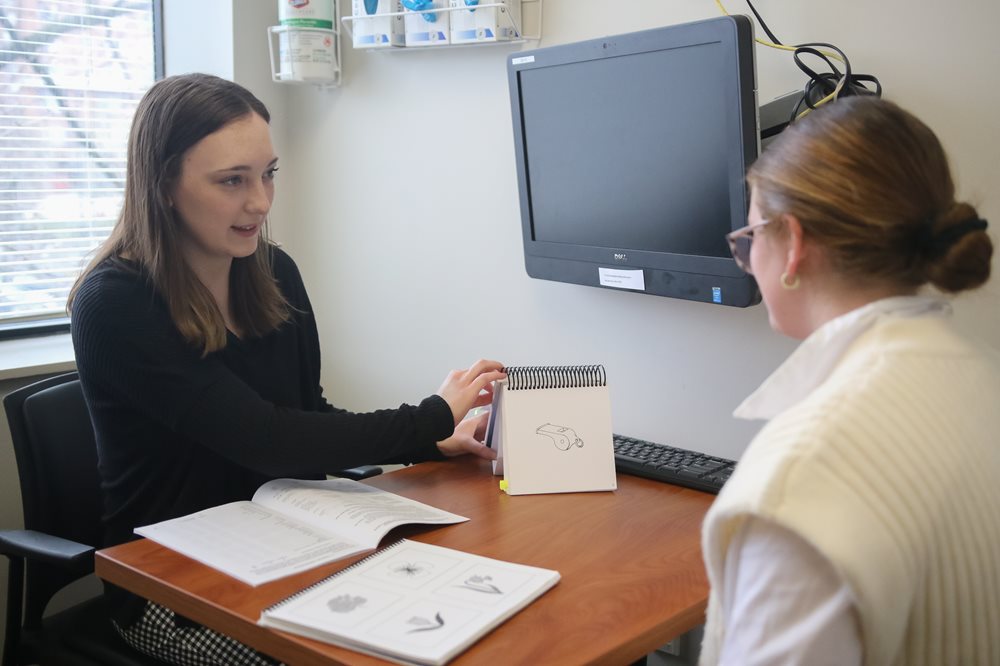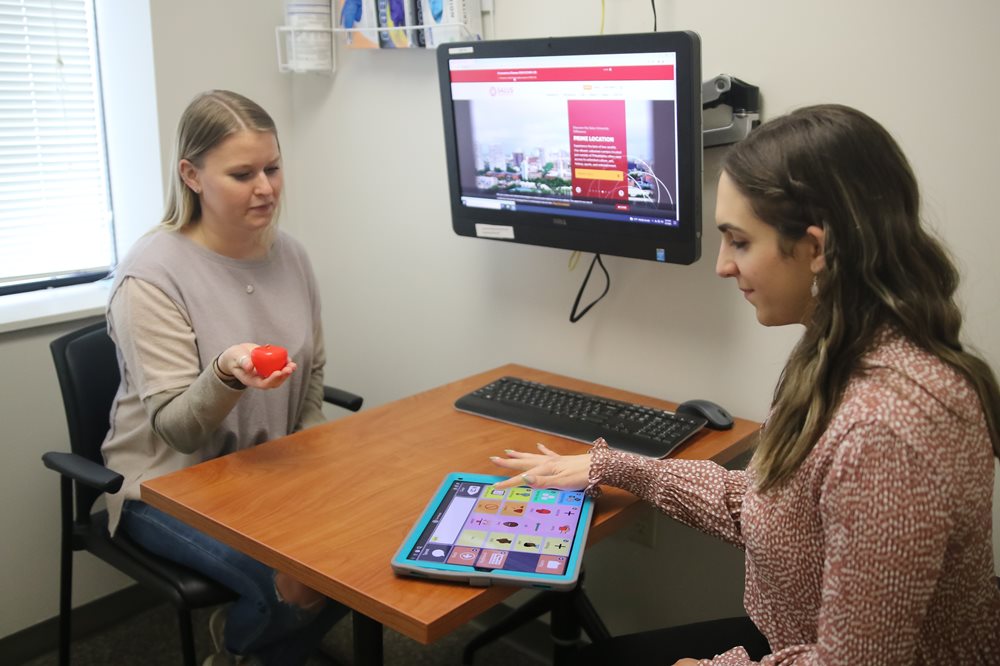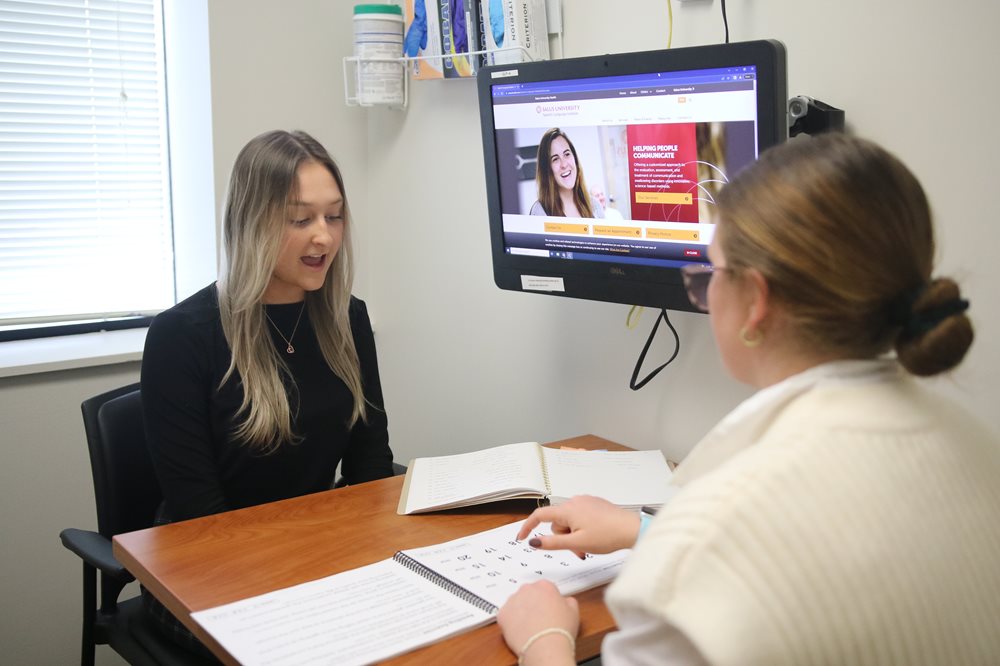How Do Speech and Language Disorders Differ?
We often hear the words speech and language used interchangeably. They might mean the same thing when we’re talking casually about communication, however, in the medical community, they have very different meanings.
 Speech is the sounds people make to communicate; this includes rhythms, patterns and quality of the sound created. It’s the oral form of communicating. Speech is talking - using the muscles of the tongue, lips, jaw, and vocal tract to produce the recognizable sounds that make up language.
Speech is the sounds people make to communicate; this includes rhythms, patterns and quality of the sound created. It’s the oral form of communicating. Speech is talking - using the muscles of the tongue, lips, jaw, and vocal tract to produce the recognizable sounds that make up language.
Language refers to the whole system of words and symbols, their appropriate uses, and their meanings. Language can be written, spoken, or expressed through gestures and facial expressions to convey meaning.
What is the Difference Between a Speech Disorder and a Language Disorder?
Just as there are differences between speech and language, there are differences between speech and language disorders.
A speech disorder usually means there are difficulties and challenges related to producing certain sounds or sound combinations. A speech disorder can also affect the fluency and accuracy of speech, such as a stutter or lisp.
Language disorders relate to challenges around the comprehension of the meaning of words or phrases, and someone affected by a language disorder may also struggle to express themselves appropriately and correctly through language. Difficulties producing language, understanding others, and trouble reading or writing are potential signs of a language disorder.
Speech disorders and language disorders may occur separately. Or, an individual may have both kinds of disorders at the same time.

Symptoms of Speech Disorders
One of the most well-known speech disorders, stuttering, is recognized through the repetition of words or certain parts of words. Other speech disorders can present in different ways:
- Difficulty imitating/producing speech sounds
- Slow rate of speech
- Slurred, choppy or mumbled speech
- Abnormal pitch or rhythm while speaking
- Limited lip, tongue or jaw movement
- Inability to articulate words correctly (such as pronouncing “R” as “W”)
Symptoms of Language Disorders:
 Symptoms of a language disorder can present in a number of ways, including:
Symptoms of a language disorder can present in a number of ways, including:
- Inability to express what you’re trying to say (words may be on the tip of your tongue, but you cannot articulate them)
- Substituting intended words for other words (i.e. saying you would like chicken for dinner, when you meant to say steak)
- Difficulty putting sentences together
- Having trouble understanding what others are saying, especially if they are speaking fast
- Using made up words
- Using words incorrectly
Treatment for Speech and Language Disorders
Speech-language pathologists (SLPs) from the Speech-Language Institute can assess potential speech and language disorders through a series of evaluations. From there, personalized treatment plans are created to address someone’s particular needs.
If you or a loved one needs assistance with a speech or language disorder, contact the Speech-Language Institute today at 215.780.3150.